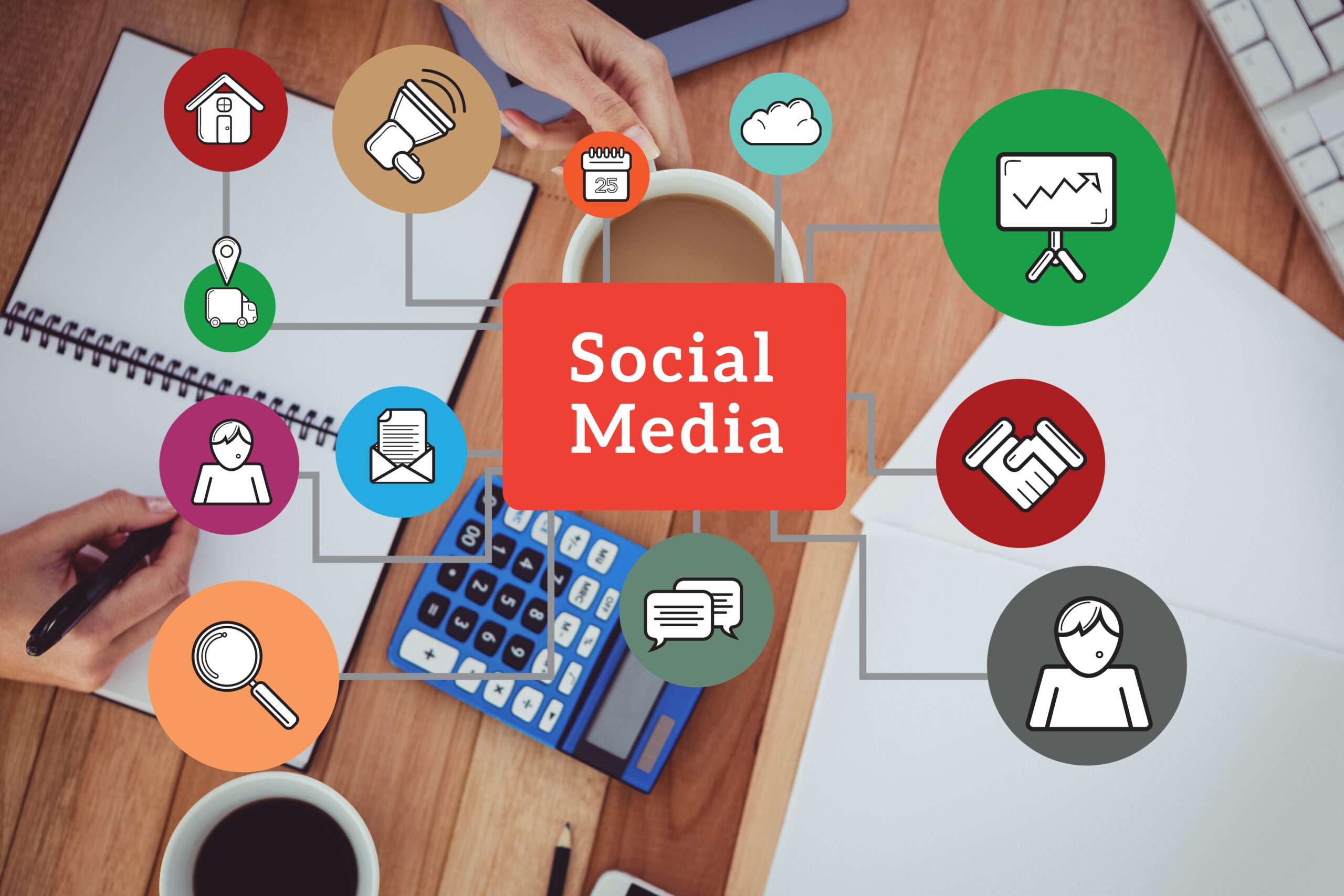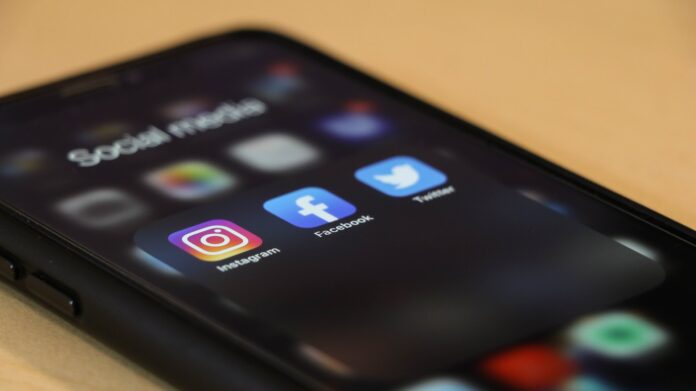The rise of mobile telephone users and social media has altered our perspective on different issues in society today, including our dedication to the sport. There are a lot of social media platforms, such as Facebook, Twitter, Instagram, and YouTube, etc., which people can use very comfortably in their everyday life. Social media have become a key tool for content sharing and for attracting new readers and for generating more participation. The tools of social media have affected sports in various ways, including messaging and sports marketing.
Social media has affected all industries and the sports industry has not been untouched either. In recent years, the social media focus has been growing rapidly in the Internet Marketing and SEO sector. Social media is deeply embedded in our social culture and social media platforms such as Facebook and Twitter have allowed professional teams and athletes to bridge the gap. There are online games like those that allow for ê½ë¨¸ë‹ˆ í™˜ì „, too which is an instance of the impact of social media in sports and online games.
Almost all major teams now have a social media account, where all fans receive important updates. Social media actively interacts with, supports and announces the activities of athletes and fans. More than 60% of fans are now watching their favorite game and sports enthusiasts online. The number of sports clips online rose by 40% in 2016. Sport has truly adopted two hands-on social media, with a large number of social media agencies actively involved in managing their social accounts worldwide. This has not only helped improve fan engagement but has also led to new opportunities. Nearly 85% of Bundesliga stars in Germany are online.
Modern sports and social media events take place together. There follow 104 million, 103 million and 74 million, respectively, with Real Madrid, FC Barcelona, and Manchester United, about 12 percent of the world’s total population. In Facebook respectively, FIFA and Olympics have 4 and 15 million follow-ups. Many other athletes such as M. A big fan of Facebook, Twitter, and Instagram hands are gathered by S. Dhoni, Sachin Tendulkar, Virat Kohli, Cristiano Ronaldo, Lionel Messi, LeBron James, Roger Federer, Rafael Nadal, and Serena Williams. The way sports stars, clubs and fans communicate with each other is changed by social media.
The audiences no longer simply watch sport from live-tweeting, making snorkeling memoirs and cheerleading from the internet and the fans can often get updates, opinions, and feedback from the very heart. Although fans have used social media to share their love for the sport, it is more difficult for some sports clubs and athletes. While social media allows fans to be more involved, sports professionals can also be more responsive to their public comments and the way they engage their fans and broader communities in exchange.
The essence of sports coverage for reporters too is evolving through social media channels, including blogs and video networks. Studies conducted by the Centre for Sport and Social Impact, the Web2.0 and the works of reporters in newspapers of the University of La Trobe find that Australian sports journalists are now required to conduct research on news and report on a number of platforms. It has led to reporting, engaging and streaming live and to your favorite athletes on every phone. It has made it convenient to follow every sport and engage in discussions before and after the game.
Social media shifts the connection between sports stars, clubs and fans. The viewer is no longer simply watching the sport in Live Tweets, creating snarky memories and web leading cheerleaders, and viewers can often directly receive news, feedback, and comment.
Commentator Walter Lim from Singapore said social media and sport are a match made in heaven.
Although fans used to share their love of sport in social media, it’s more challenging to find certain sports clubs and athletes.
If social media allows fans to become more involved, sports professionals can be more accountable for their public comment and how they deal with their fans and their general community in exchange.
For certain users, social media platforms pose a threat. Sports administrators and celebrities who could at best describe themselves as’ incautious’ tweets and reports lead to questions from the media and retribution.
















































